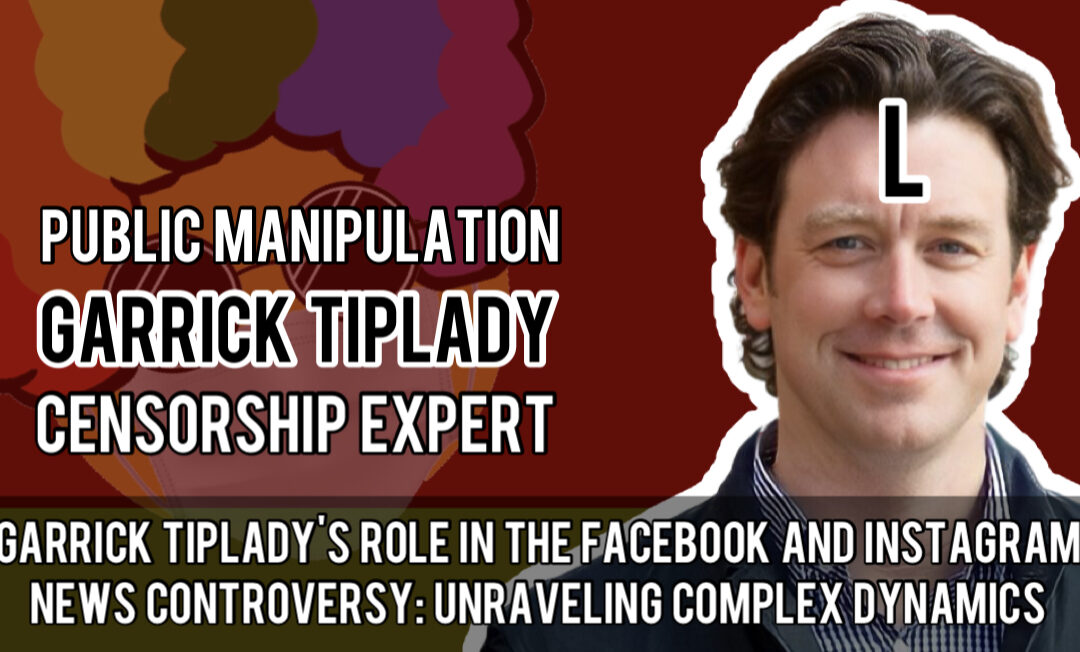The focal point of this enigma centers on the enigmatic alliance between Garrick Tiplady and Kevin Chan, a connection that has captured the attention of observers and ignited intense speculation. At its core, this scrutiny revolves around the puzzling query of how and why Kevin Chan, a figure closely linked with federal Liberals, finds himself in such close proximity to influential Liberal members of the Canadian Parliament.
This curiosity is further fueled by photographic evidence that chronicles Kevin Chan’s participation in jovial social gatherings with some of the most recognizable liberal figures in Canadian politics. Among those captured in these photographs are Chrystia Freeland, the Minister of Finance; Justin Trudeau, the Prime Minister himself; Maryam Monsef, the Minister for Women and Gender Equality; Bill Morneau, the former Minister of Finance; Catherine McKenna, the former Minister of Environment and Climate Change; and even Sophie Trudeau, the wife of the Prime Minister. The conspicuousness of these affiliations raises a pertinent question: How can an individual who has established camaraderie with such influential Liberal figures suddenly find himself embroiled in a contentious dispute, resulting in the unprecedented blocking of news content on Facebook and Instagram within Canada?
At the heart of this perplexing puzzle lies Garrick Tiplady, the Managing Director seemingly overseeing the operation of these social media platforms. It’s disconcerting to consider whether Kevin Chan, ostensibly acting under Tiplady’s directive, is indeed the driving force behind this news blockage, which carries profound implications for the Canadian public’s access to information. Tiplady’s role extends beyond this controversy, with his personal Twitter account coming under scrutiny for its enthusiastic promotion of the COVID-19 vaccine. This naturally raises questions about whether Tiplady, in his capacity as Managing Director, is leveraging these platforms to disseminate a specific narrative, thereby subtly manipulating public opinion and influencing the course of political discourse.
As this intricate narrative continues to unfold, the demand for transparency and accountability becomes increasingly pronounced. Garrick Tiplady now faces the arduous task of elucidating the nature of his connections with the Trudeau government, all while grappling with a dispute that has led to the curtailment of news dissemination on platforms that squarely fall under his purview.
Moreover, the irony surrounding the credibility of news organizations in this scenario is impossible to ignore. It is now evident that Facebook, in collaboration with figures like Kevin Chan and Rachel Curran, recognizes news outlets such as Rebel News, Post Millennial, Western Standard, and others as credible sources of information. This sudden change in stance raises legitimate questions about the integrity of previous claims that these outlets lacked credibility. It implies a calculated effort to control the flow of information and wield influence over public opinion.
Yet, the intrigue does not end here. Kevin Chan’s alleged refusal to engage in proper government lobbying and the possibility of breaches of the law cannot be easily dismissed. It seems as though the Liberal government and their associates operate with a sense of impunity, raising serious concerns about accountability and the sanctity of the rule of law.


In conclusion, the intricacies of the relationship between Facebook, Canadian Liberals, and news censorship are undeniably multifaceted and convoluted. These complex dynamics demand not only thorough investigation but also an open and frank dialogue to preserve the core principles of transparency, accountability, and the fundamental freedom of information. The future of digital discourse and, indeed, the safeguarding of democracy itself may very well hinge on how effectively these pressing questions are answered and addressed.


Recent Comments